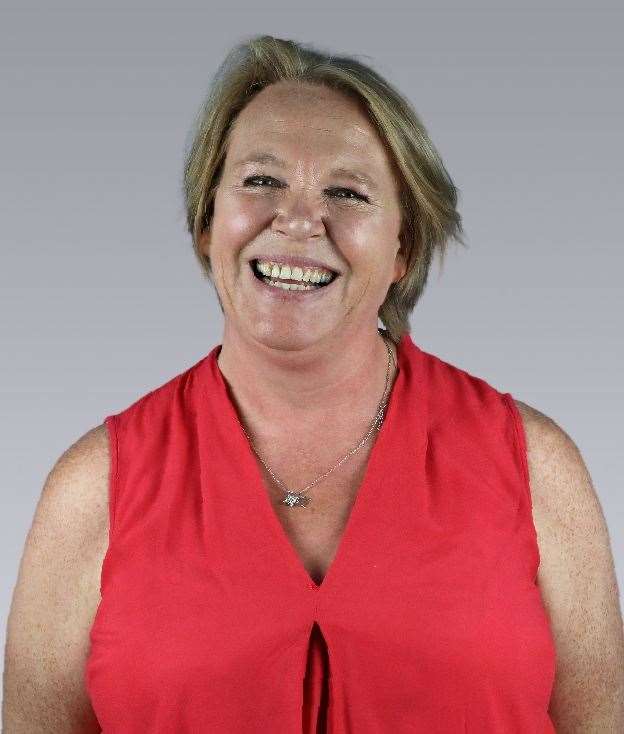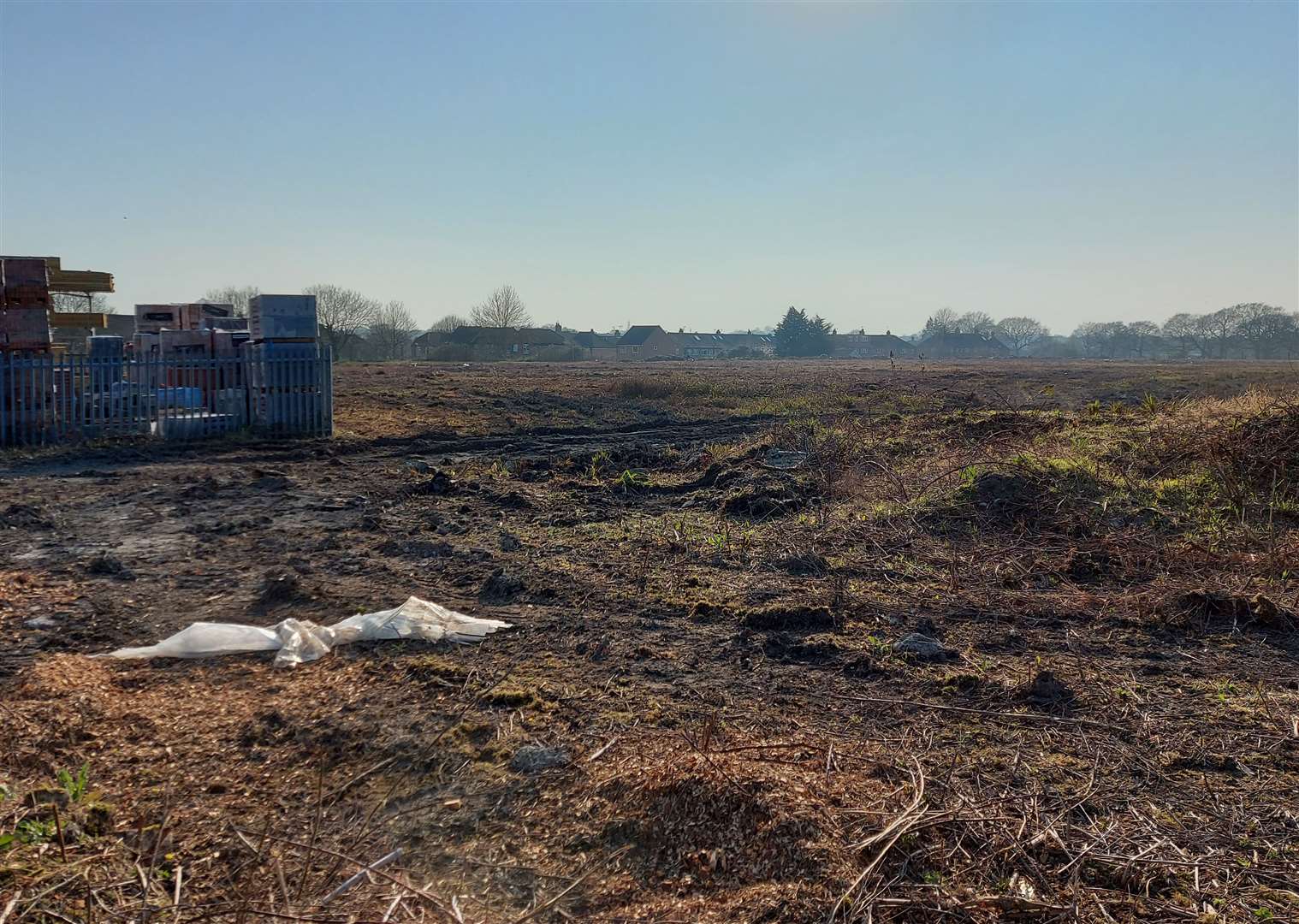For over a year, Legal Aid Ontario (LAO) faced questions about a rather unusual issue for public institutions — what to do with a surplus of hundreds of millions of dollars.
The organization, which helps provide legal services for low-income Ontarians, had a $229.5 million surplus in the last fiscal last year – bringing it to a cash balance of $327.2 million, LAO’s latest annual report shows.
While LAO has proposed expanding who is eligible for its services, it remains unclear how much of the surplus is being spent while many Ontarians seeking legal aid can’t access it.
Among them is Natalie, who makes just over $45,000 while facing debt and wasn’t eligible for aid when trying to legally separate from an abusive ex-partner. CBC News is not using her real name because of concerns for her safety.
“For them to sit on that much money and not disperse the funds or help the people that actually need it. It breaks my heart,” she told CBC News.
“That could help a lot of people.”
LAO helps those who can’t afford a lawyer in various areas, including criminal, family, tenant and immigration law. Ontarians can access help through legal clinics, receive a certificate to hire a lawyer, or be granted a duty counsel for their day in court or tribunal.
In December, LAO said it planned to expand who is financially eligible to receive legal aid for family and criminal duty counsel and criminal certificate services for three years. That would means single people and families of up to four could have a maximum income of $45,440 to qualify. The maximum assets applicants can have will also increase to $15,000.
Public consultations on the plan ended Jan. 9, but it’s unclear when the expanded eligibility could take effect.
As of now, a single person can make no more than $22,720 to qualify for criminal and family duty counsel. Families of five or more can make up to $50,803.
LAO did not address CBC’s questions about how much of the surplus has been spent or how much the proposed eligibility increase could cost. But it said the cost depends on demand, and it needs to ensure the surplus is enough for it.
“LAO will consider other areas of expansion once the organization has evaluated the impact of this targeted eligibility increase,” a spokesperson for the organization said in a statement.
It said the surplus will be used to cover the long-term costs of the expansion and other initiatives, like increasing the compensation for lawyers who take on legal aid clients.
Surplus caused by rising interest rates
The surplus came following a tumultuous time for the organization, just after the Ford government cut its legal aid budget by 30 per cent in 2019. In 2016, LAO reported a $26 million deficit that led it to scale back on some services.
LAO receives most of its funding from the province and the Law Foundation of Ontario. Since the foundation funds LAO using interest from lawyers’ and paralegals’ mixed trust accounts, rising interest rates in the aftermath of the pandemic increased its revenue, which LAO said drove the surplus.
LAO said in its statement that with fluctuating interest rates creating unpredictability, it needs to closely monitor the sustainability of its planned initiatives.
Meanwhile, Alliance for Sustainable Legal Aid chair Lenny Abramowicz said he has urged LAO to spend all of its excess funds. The organization represents all frontline service providers for legal aid services in the province.
“That money just sits there. And what it will be used for, who knows. But it’s not being used to enhance access to justice in this province,” he said.
‘Going to court just to lose’
CBC News heard from over a dozen Ontarians who couldn’t afford a lawyer but weren’t eligible for legal aid.
Meg Szymanska, who makes roughly $55,000 a year, thought she would qualify for aid to separate from her ex-husband after losing her job last year, but her assets meant she wasn’t eligible — and still wouldn’t be under the proposed plans.
She says she has no choice but to face the proceeding on her own against a team of lawyers her ex hired, a prospect that leaves her terrified.
Attorney General of Ontario Doug Downey reiterated on Tuesday the province’s plan to appoint a minimum of 25 new judges to the Ontario Court of Justice and hire 190 more Crown prosecutors, victim support and court staff.
“It’s so complicated. I’m all lost in between forums,” Szymanska said. “People like me are probably going to court just to lose against those lawyers.”
Abramowicz says people representing themselves while unfamiliar with the legal process is one reason for court backlogs.
In its 2023-2024 annual report, the LAO said more than 1.2 million Ontarians living in low-income families earn too much to be eligible for legal aid.
That’s a reality Renee Griffin, the executive director of Scarborough Community Legal Services, sees first-hand.
Like Abramowicz, she says the eligibility criteria should be expanded to all areas of law, adding that the legal issues people face are too urgent to hold back on spending the money.
“Clients are facing eviction, facing loss of their income, facing threats to their immigration status. And while we wait, they’re having bad outcomes.”
#Legal #Aid #Ontario #surplus #worth #millions #lowerincome #Ontarians #access #services













Leave a Reply